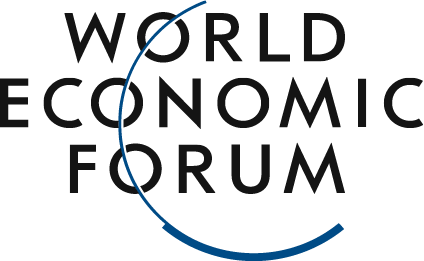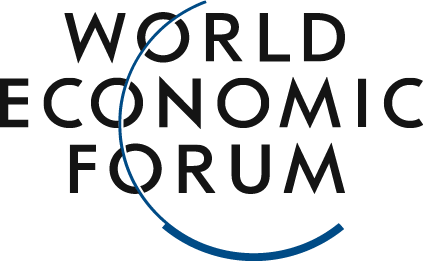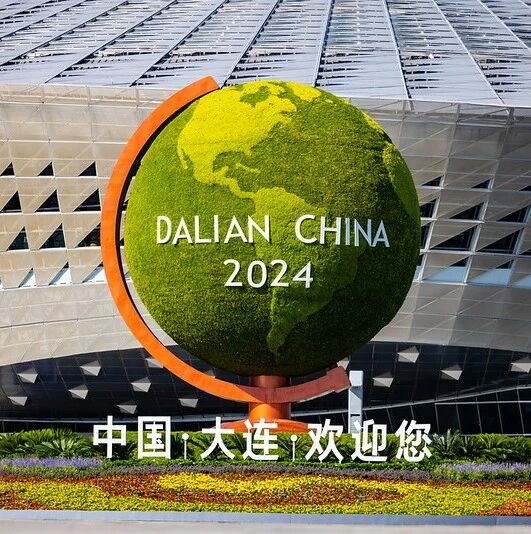

Mastering and sharing AI knowledge and skills is the next step toward making the AI future a reality.
Image source:
Bozhanka Vitanova
Co-founder and CEO of TeamLift
We are entering the era of the "knowledge and skills economy,"Practical AI knowledge and skills will be shared, tokenized, and traded as a valuable asset.
In terms of fostering widespread adoption and economic impact, the application of AI knowledge and skills remains the missing link.
The AI skills economy will democratize knowledge sharing, encouraging it to go beyond just technical experts.
Global AI investment is surging, yet the returns aren’t keeping pace with the hype. The practical knowledge and skills needed to turn AI tools into tangible value are widely lacking. Mastering this knowledge is like unlocking a cheat code in an video game—giving you the edge to conquer challenges faster than your competitors.
People who master these knowledge and skills have a unique opportunity to generate income without having to spend time—marking the end of an era where "knowledge was power" meant trading time for money. Instead, we’re moving into a new age where "knowledge and skills are wealth," as the ability to leverage existing tools to create value itself becomes invaluable, such as when others gain access to licensed intellectual property. In the AI era, transforming expertise into tangible earnings has never been more relevant.
From theory to practical benefits
Currently, there are over 50,000 AI solutions available. Yet, the pace at which these solutions are being developed far outstrips how quickly businesses and employees can learn to use them effectively. Imagine this: in a game, there are more than 50,000 secret pathways that could unlock entirely new levels—but almost no one knows how to tap into them. That’s precisely where the opportunity lies.
Companies are pouring significant investments into developing AI capabilities, yet they’re struggling to turn those efforts into tangible returns. Practical applications—such as "How we used ChatGPT to optimize our supply chain and save $500,000"—remain unshared, undocumented, and untapped as valuable assets.
This isn’t programming magic—it’s about understanding which prompts yield results (like how to leverage AI to craft a sales strategy), which workflows save time, and which tools can boost revenue. These skills aren’t just invaluable—they’re the foundational currency for thriving in the economy of tomorrow.
Where AI knowledge and skills become currency
While many still struggle to turn AI investments into returns, companies rich in AI knowledge and skills have already begun to take the lead. For example:
Savion Ray: A European PR firm that reduced its market research time by 96% and slashed video editing time from 8 hours to under 1 hour—while managing to grow its client base from 15 to 25 without hiring any new staff. This translates to a 67% increase in operational efficiency.
Waku: A five-member New York-based consumer goods startup that’s turning AI into its sixth team member, automating tasks like CFO duties, research, email management, and presentation creation.
Yum Bakery: Located in Canada, Yum Bakery leverages Claude to forecast demand and optimize inventory tracking, saving 50 hours per cycle, reducing waste, and securing more cost-effective supplier deals. Currently, they’re developing a sales metrics tracker to enhance employee performance, with a focus on boosting revenue and elevating the customer experience.
TRN: A global recruitment network based in the UK, TRN leverages AI to analyze member activity, conversation insights, and emotional data—transforming this information into actionable insights. By aligning content with users' real-time needs, TRN boosts email engagement rates. This data-driven approach enables targeted content creation while fostering greater participation in events.
These early success stories demonstrate that, as tools and knowledge skills evolve, industries are unlocking even greater potential. Not only do these success stories benefit users, but they also serve as a roadmap for AI solution developers, helping them turn promise into tangible value.
The Value of AI Knowledge and Skills for Solution Developers
For AI solution developers, these case studies are a goldmine. They don’t need to pitch abstract capabilities—they can instead showcase a growing library of real-world use cases, each backed by proven returns on investment, such as Savion Ray’s revenue growth, Yum Bakery’s cost reductions, or TRN’s enhanced customer satisfaction.
These are not just compliments—they’re replicable blueprints that other businesses can adapt or license, fundamentally reshaping the traditional adoption curve. Unlike relying on tech support experts to gradually roll out applications to mainstream users, sharing knowledge and skills ensures that successful implementation becomes immediately visible and actionable, bridging the gap between cutting-edge practices and widespread adoption. This accelerated approach enables AI tools to transition from niche-market experimentation to industry standards at an unprecedented pace.
Sharing AI knowledge and skills is the path to democratizing it.
This approach not only accelerates adoption but also transforms knowledge and skills into resources that are shareable, adaptable, and even tradable—much like blueprints in a digital marketplace—thereby helping to balance the market. A retail manager who may lack programming skills but excels in inventory management can still propose AI-driven workflows that are truly transformative. The value of these workflows lies in their real-world impact, not in their technical complexity.
LinkedIn's 2025 report highlights that today, 39% of leaders prioritize soft skills such as adaptability and AI literacy. In this evolving landscape, business acumen and domain expertise are becoming just as critical as technical skills—ensuring that AI benefits not only tech gatekeepers but also reaches across every corner of the workplace.
This democratization is the key to unlocking AI's economic potential. McKinsey predicts that by 2030, AI will generate $13 trillion in global GDP—provided industries successfully deploy millions of practical, real-world applications.
Guardrail mechanism
Of course, all of this requires infrastructure development: a quality verification system, an impact assessment mechanism, and robust privacy protection measures. These are not obstacles that can be easily overcome—they’ll demand multiple rounds of iteration to ensure that knowledge and skills can be securely traded at scale.
Transforming AI knowledge and skills from personal assets into tradable resources—this core idea could fundamentally reshape how we drive adoption and capture value from transformative technologies. Even if these systems aren’t yet fully established, we still have the opportunity to step up our efforts and contribute meaningfully to advancing AI expertise.
Actions in the new game
We are at a pivotal moment. Goldman Sachs predicts that global AI investments this year could approach $200 billion. The technological puzzle is finally coming together, and knowledge is the missing piece—a crucial bridge connecting cutting-edge capabilities with broad economic impact.
Mastering and sharing AI knowledge and skills is the logical next step in turning the promise of AI into reality. By developing a robust AI workflow—and creating a system where applications can be documented, shared, and even traded—we can accelerate adoption while simultaneously unlocking entirely new value streams in the digital economy.
AI "secrets" aren't just personal advantages—they're assets that could reshape the global economic landscape. So, by discovering more sophisticated solutions than simply "playing around" with ChatGPT, Claude, or Grok—and sharing them—you won’t just be a participant in the game—you’ll become a rule-maker.

The above content solely represents the author's personal views.This article is translated from the World Economic Forum's Agenda blog; the Chinese version is for reference purposes only.Feel free to share this in your WeChat Moments; please leave a comment at the end of the article or on our official account if you’d like to republish.
Translated by: Di Chenjing | Edited by: Wang Can
The World Economic Forum is an independent and neutral platform dedicated to bringing together diverse perspectives to discuss critical global, regional, and industry-specific issues.
Follow us on Weibo, WeChat Video Channels, Douyin, and Xiaohongshu!
"World Economic Forum"


